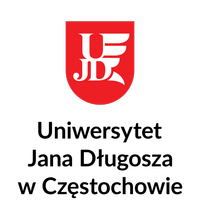Education
Education is the process of facilitating learning, or the acquisition of knowledge, skills, values, beliefs, and habits. Educational methods include storytelling, discussion, teaching, training, and directed research. Education frequently takes place under the guidance of educators, but learners may also educate themselves. Education can take place in formal or informal settings and any experience that has a formative effect on the way one thinks, feels, or acts may be considered educational. The methodology of teaching is called pedagogy.
Language
Language is a system that consists of the development, acquisition, maintenance and use of complex systems of communication, particularly the human ability to do so; and a language is any specific example of such a system.
Of Education
The tractate Of Education was published in 1644, first appearing anonymously as a single eight-page quarto sheet (Ainsworth 6). Presented as a letter written in response to a request from the Puritan educational reformer Samuel Hartlib, it represents John Milton's most comprehensive statement on educational reform (Viswanathan 352), and gives voice to his views "concerning the best and noblest way of education" (Milton 63). As outlined in the tractate, education carried for Milton a dual objective: one public, to “fit a man to perform justly, skillfully, and magnanimously all the offices, both private and public, of peace and war” (55); and the other private, to “repair the ruins of our first parents by regaining to know God aright, and out of that knowledge to love Him, to be like Him, as we may the nearest by possessing our soul of true virtue” (52).
Language
The limits of my language mean the limits of my world.
Ludwig Wittgenstein Tractatus Logico-Philosophicus (5.6)
Language
Oft on the dappled turf at ease
I sit, and play with similes,
Loose type of things through all degrees.
William Wordsworth, To the Daisy.
Language
Language is a city to the building of which every human being brought a stone.
Ralph Waldo Emerson, Letters and Social Aims (1876), Quotation and Originality.
